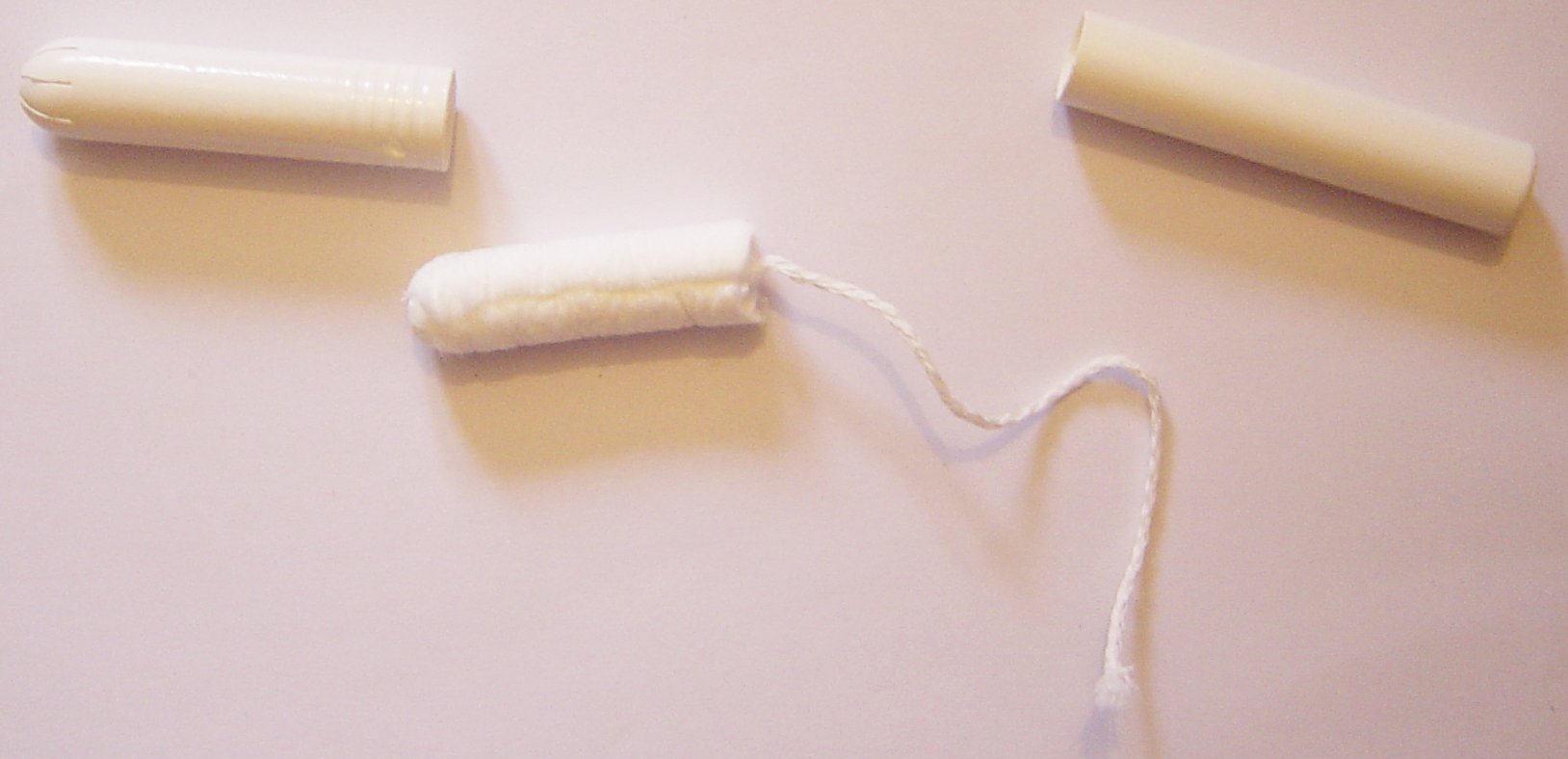A healthy vagina is a happy one. Start with your underwear drawer to reduce your risk of irritation and infections. Follow these five underwear rules and you can’t go wrong.
1. Cotton is king
But it’s sooo cuteee! We know that you love your fancy lacy thong but when it comes to underwear, cotton is king. Cotton is extremely breathable and moisture-wicking, which helps reduce your risk for infections. You can still keep your other undies for special occasions!
2. Use detergent free of dyes and perfumes
Your skin down there is very sensitive and may be more prone to rashes and infections. Ditch the floral soap and fabric softener to one made for sensitive skin, we recommend hypoallergenic. Always avoid bleaching your underwear as well because you can expose your lady bits to chemicals.
3. Say “buh-bye” to thongs
That thong, thong, thong, thong, thong. Sisqo does not know what he’s talking about when it comes to undies. Because of their design, thongs can potentially transmit E.coli bacteria from your butt to your vagina. Yikes!
4. Change and wash them
Yes, we realize this is an obvious one but it’s also very important. When it comes to your knickers, you should only wear them once and then wash them. No digging into that dirty laundry pile that you’ve put off doing. It’s also important to change them after your workout. Sweaty undies are a breeding ground for bacteria so bring an extra pair when you hit the gym and change them right after your workout.
5. Get the right size
Not only are too tight undies uncomfortable and unflattering, but they’re also not healthy. Your vagina needs to breathe, dang it! Don’t put yourself at risk for irritation and infection and toss out any too tight panties. Now you have a perfect excuse to hit up Victoria’s Secret.


